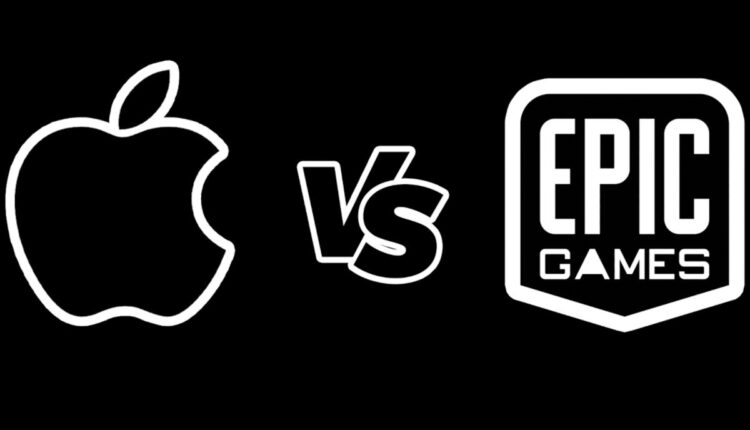Trial between Apple and Epic Games began
The confrontation between both companies, due to an alleged monopoly practice, began with the previous arguments
This week takes place the trial that faces Apple and the creator of Fortnite, Epic Games, who denounces that the former exercises monopoly practices on its official application platform, the App Store. Both companies have presented their arguments for and against the allegations.
This legal battle began after the introduction of Epic Games of an alternative payment system to the App Store, in which Apple did not obtain commissions. This caused Apple to delete all its apps from its platform, including the Fortnite video game for iOS.
Apple, which will be represented at this week’s trial by senior officials including its CEO Tim Cook, its chief marketing officer, Phil Schiller, and its senior vice president of software engineering, Craig Federighi, argues that iOS developers have a “tremendous access” to Apple’s intellectual property, as the previously submitted document argues.
This access is especially focused on Apple’s tools for application developers, or APIs, among which are StoreKit, ResearchKit, GameplayKit, SpriteteKit, CareKit, ARKit, HomeKit, CoreML and the Swift programming language, among others.
The arguments
The company also defended that its practices in the App Store protect the safety of users, that only 1.72 % of existing ‘malware’ affects iOS, and that its design blocks third-party payments for the same reason.
As for Fortnite, the American company assures that the ‘freemium’ model (free with payments for internal content) of the store has allowed the success of the Epic Games video game, and that the study tried to lower the commissions of the App Store but did not from the Microsoft Store for PC and Xbox.
Apple maintains that Epic Games cannot prove any conduct against market competition, given that developer revenue grew to nearly $ 3 billion in 2019 and platform commissions have dropped, to the 15 % in apps in their first million dollars of collection, and then it goes to 30 %.
K. Tovar
Source: BBC


